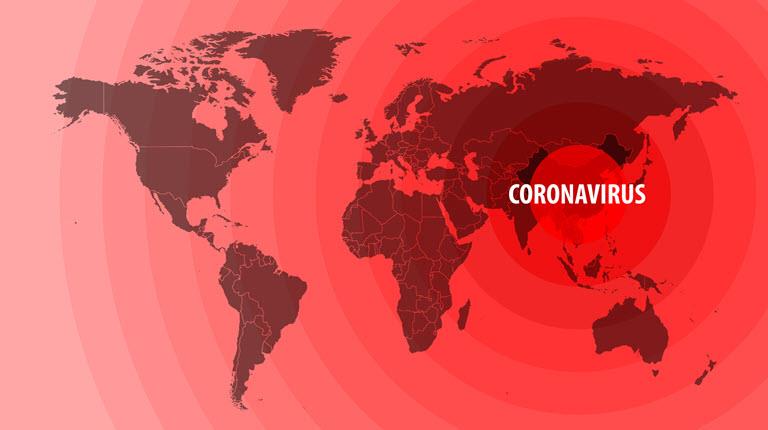For people who have immune system problems called primary immunodeficiencies, COVID-19 presents a dangerous unknown. Patients who are always vulnerable to infections understandably have questions about which steps to take regarding this new wide-ranging virus, for which there are no approved treatments or a vaccine.
John G. Boyle, President of the U.S. Immune Deficiency Foundation, recently sent an email to patients that encapsulated his own uncertainties – he’s a PI patient himself – and addressed the concerns and questions patients are raising. We are sharing portions of the email with permission from the IDF.
When cases popped up in Maryland, where Boyle lives, he said his 10-year-old son recommended that his Dad stay home for the duration.
“I couldn’t tell him exactly how this particular situation will unfold, but I was able to tell him that there’s a lot that we do know about public health and that if we’re vigilant about the basics – especially hand washing – we’ll weather the storm together,” Boyle wrote.
" As with any healthcare issue, neither IDF nor the Internet at large is going to provide you with the answers that you need. You should always address these questions with your physician first. "
John G. Boyle, President of the U.S. Immune Deficiency Foundation

He has primary immunodeficiency called agammaglobulinemia understands why patients want specific recommendations, but said the IDF doesn’t have a one-size-fits-all advice to give.
“We want to help, but many of the questions that we receive are ones that are so specific to an individual’s diagnosis, clinical presentation, or personal situation that they are outside of the areas where we can provide guidance,” Boyle wrote. “As with any healthcare issue, neither IDF nor the Internet at large is going to provide you with the answers that you need. You should always address these questions with your physician first.”
The IDF shared this video Q&A with Dr. Kathleen Sullivan, a member of its physician advisory board and chief of allergy and immunology at the Children’s Hospital of Philadelphia. In it, she said if someone who has a PI gets infected with COVID-19, their experience with the illness will likely vary depending upon their diagnosis, she said. About 400 different types of primary immunodeficiency have been identified.
In his email, Boyle provided a list of the best resources for the general public, such as the U.S. Centers for Disease Control, and said right now much of that advice applies to primary immunodeficiency patients, too.
But sometimes people who have primary immune deficiency diseases are different from the general population. Some people who have PI don’t have a typical fever response to infections, Boyle said. That’s causing confusion because fever is among the short list of symptoms of a COVID-19 infection and there’s concern someone might have the virus but not qualify for testing. Some patients say they have already been denied testing, he said.
Here, the IDF’s expertise in advocacy and policy work directly apply and the organization is working behind the scenes to raise awareness to the issue and encourage adjustments in the testing criteria, Boyle wrote. Meanwhile, he again recommended patients work directly with their doctors.
Boyle closed the letter with a reflection on what the legacy of the COVID-19 crisis will be, even as it’s still fluid and unfolding every day.
“Others are getting a taste for what our lives are often like. Eventually, the threat of COVID-19 will pass, and they’ll want to default to their less-concerned state. Let’s not let that happen,” Boyle wrote. “Let’s use this as an opportunity to keep pathogen transmission on everyone’s mind. To help them to remember how scary it can be to feel vulnerable when a virus is going around.”
It could even change the way we greet each other. Is it time to end handshakes? Boyle thinks so and closed the letter with an image of Star Trek’s Dr. Spock. Instead of shaking hands, the beloved character often shared a touch-free greeting, a split-finger Vulcan salute, and the message: “Live long and prosper.”



